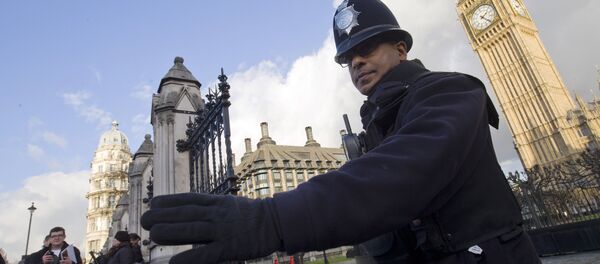Under Thai law, anyone convicted of insulting the king, queen, heir or regent can face up to 15 years in jail on each count. Two people were recently given sentences of 28 and 30 years each for comments posted on Facebook.
Since a military coup last year, prosecutions under the so-called "lese majeste" law have soared, with about 100 people being charged.
Thai police are investigating whether US Ambassador Glyn T. Davies violated the law during a speech Davies gave to the Foreign Correspondent's Club of Thailand (FCCT).
In a wide-ranging talk, Davies praised the 88-year-old Thai King Bhumibol Adulyadej. But the ambassador also expressed concern at the "unprecedented prison sentences handed down by Thai military courts against civilians" who allegedly violated lese majeste.
"We [the US government] believe no one should be jailed for peacefully expressing their views and we strongly support the ability of individuals and independent organizations to research and to report on important issues without fear of retaliation," he said.
In Thailand, anyone can make an allegation of royal defamation and police are obligated to investigate, which critics of the law say often results in witch-hunts.
The complaint against Davies was made by a member of the public and appears to be based on mistranslated quotes of his English comments, AFP reported. The letter erroneously says Davies told the audience Washington would help independent organizations research lese majeste "so that they are not afraid."
Davies has diplomatic immunity from arrest, but Thailand can rescind his diplomatic credentials.



